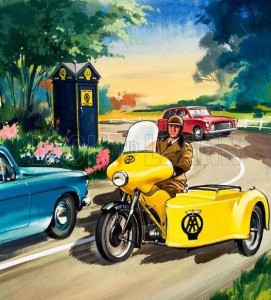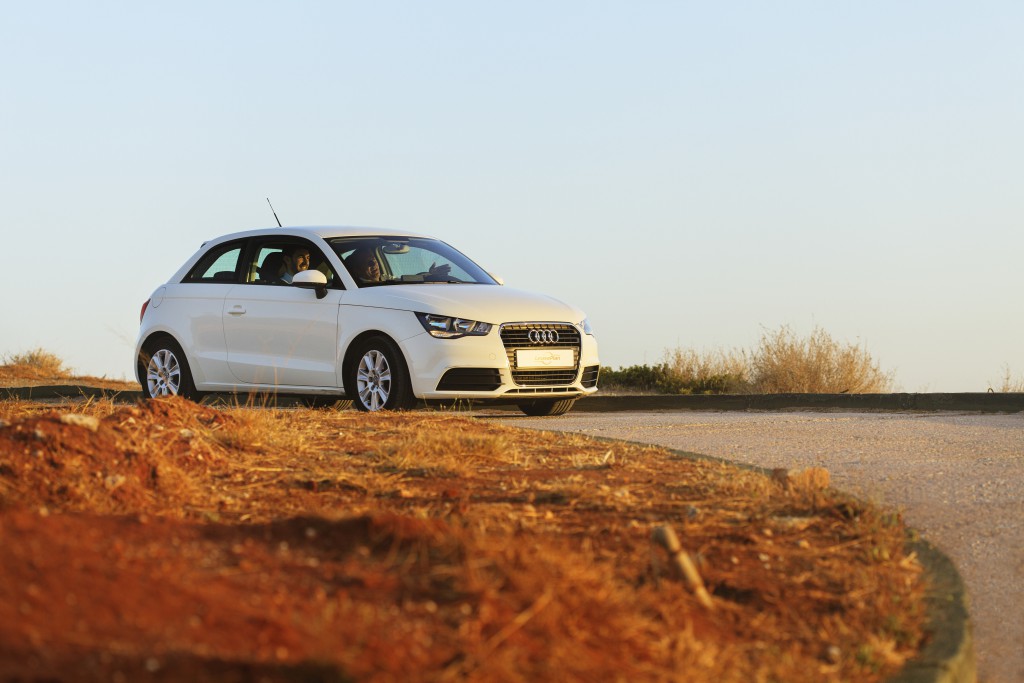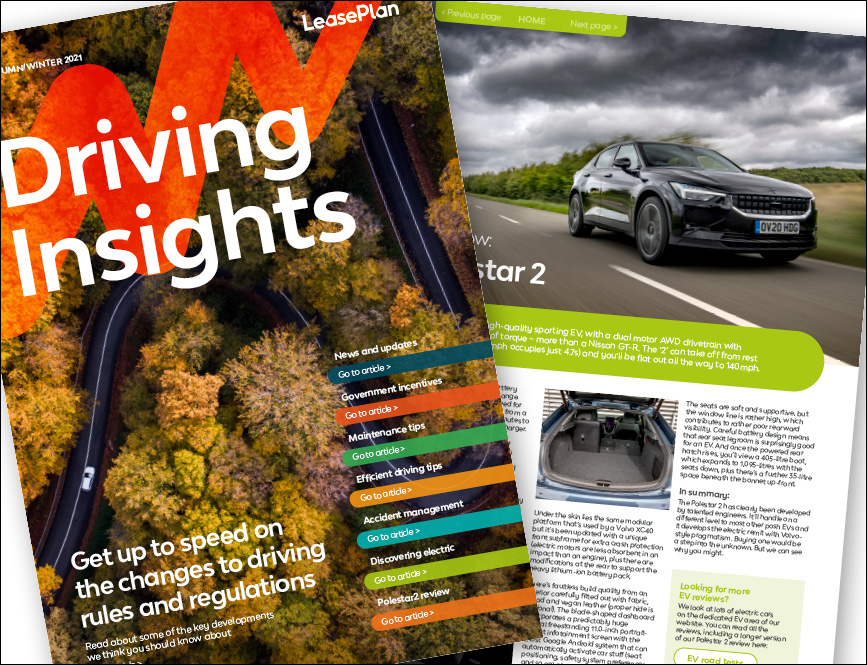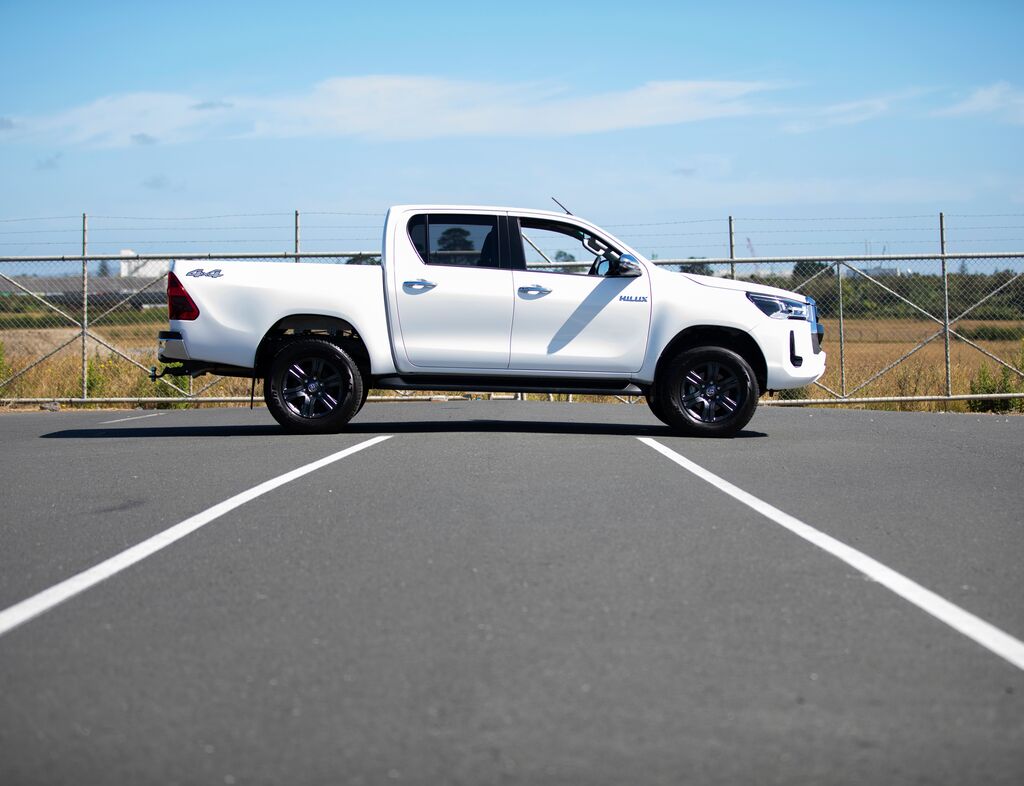When I was a young lad one of my favourite books was a Ladybird book of cars. One of its pictures showed a uniformed AA patrolman with his motorcycle and sidecar. He was standing upright, saluting a smiling family in a car with an AA on the front grille.
It was a picture that, to me, summed up driving in the 1950s and early 1960s: a non-hurried, genteel, happy family affair, abounding with respect and politeness. It was a nice cosy club, enjoyed by like-minded, polite people.

My Dad joined the club late, when he got our first car – a pale blue Singer Gazelle, registration SFL 158 – which was already seven years old in 1965. It had lots of chrome, hooded headlights, frontbench seats, a lovely smell of leather… and, more importantly, an AA badge on the front.
Those were the days when the AA was all about fixing broken-down cars, not flogging holidays and car insurance. Dad used to love getting saluted by the AA patrolman. RAC members were from the upper crust – the AA was the working man’s organisation.
In those days, driving was a pleasure. Dad used to enjoy ‘just going for a drive’ on a Sunday afternoon. I don’t recall huge traffic jams – except when we had a puncture on a main road in the middle of Norwich – nor endless road works.
All the men on our estate, my Dad included, religiously parked their cars in garages every night. Some of them even walked 100 yards or so to a communal block of garages because their homes didn’t have one attached to the house.
Now garages are places where people store junk, and bikes and lawnmowers – but rarely cars. And the roads outside those same houses homes are jammed with cars on pavements, verges and on both sides of the road.
It is symptomatic of the changing attitude to cars and motoring.
Driving was a joy, and motorists were happy people who ‘tinkered’ under the bonnet and actually could fix things themselves. I don’t recall dad getting involved in any ‘road rage’ incidents, or swearing at fellow travellers. My own children cannot tell a similar story.
When I got my MG after passing my NCTJ proficiency test in the early 1980s, I recall fellow MG drivers waving and flashing their lights.
Fast-forward to 2015 and all the joy has gone out of driving. It has become a necessity for most – not a pleasant past-time.
There were nine million cars on the road in 1965 – ironically, the year seen as ‘the birth of modern Britain’ by historian Christopher Bray. In 2015 there are 35 million cars on our roads, many of which were built to cope with just 10 million.
Now, rather than a cheery wave, you are more likely to get a middle finger or another angry gesticulation. And a fellow motorist is only likely to flash his lights in anger, or frustration at some perceived slight or indiscretion.
People are in such a hurry. No longer can you pootle around taking in the scenery. Someone behind you wants to get past. NOW! Driving isn’t a pleasure. It is a necessity, to commute vast distances to work, getting stuck in the same traffic jams at the same places, day in, day out.
No wonder drivers are on the edge – and ready to overtake, undertake, or just cut you up.
This morning I was following a slate-grey, muscled-up Vauxhall Insignia with a ‘The Closer You Get The Slower I Go’ sticker. True to his word, he crawled at 20mph on a 30mph road, though I had the feeling it was more out of provocation than a sense of road safety that motivated him.
Finally we reached a junction where the road divided into two. He was turning right around a roundabout, I was going straight on. I pulled away. Then, suddenly, there was a roar and the popping sound of turbo to the right – and the Insignia sped past and headed off into the distance.
It left me wondering what motivated such a warped attitude.
Virtually every journey these days results in either a near-miss or some other such ‘incident’. Mainly it involves bloody-mindedness and a lack of common sense – and courtesy – by the other motorist.
People seem to undergo personality changes as soon as they sit behind the wheel – and not for the better. I love my car, but am not so keen on the actual motoring these days.
Deep down I yearn for those days when we motorists were still saluted by those smart AA patrolmen.
Guest blog by Nigel Pauley, a Fleet Street journalist who loves cars – but not driving.




